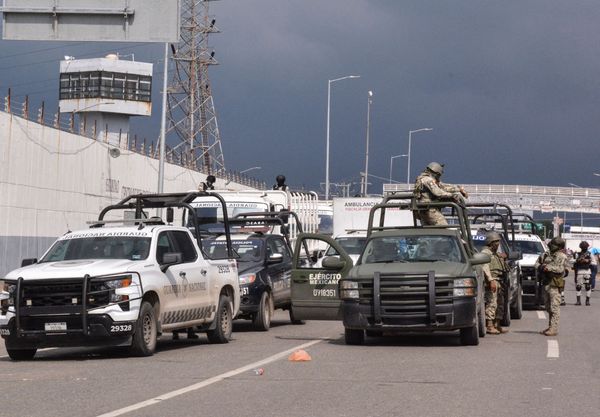
Brittany Higgins, even if you wanted to, you cannot have managed to avoid entirely the negative commentary being penned around your case: how it is a failed prosecution; a waste of public money; a mess.
You may have even started to believe those accusations too. But regardless of the outcome of this case, you have been the impetus for dining-table conversations around the country. It is your courage we are talking about. Your tenacity and your strength. And, yes, your heartache too.
You have been the prompt for parents, some for the first time, to talk to their children about consent. As a mother of teenage girls, I have been talking to my daughters about what consent means and what it doesn’t — and what attributes are vital to respectful relationships. These issues weren’t necessarily part of your story, but you have provided the opening for those discussions. The court case might have failed, but you didn’t.
My friends have told me that you’ve prompted parents to talk to their sons too. Young men have been listening to the importance of positive consent, and how when permission isn’t agreed upon and clear, the impact on a person’s life is incomprehensible. They’ve understood that consent can be withdrawn at any stage, and have asked questions about coercion and stealthing — words that might not have been previously in their vocabulary.
As a mother, I hope that one day you can look back and understand your pivotal role in these discussions. But also how you managed to bring public attention to the corrosive work culture inside Canberra, and for the urgent need to reform how staff are treated.
We need to consider the brutal impact this process has on complainants. You know that more than anyone. It’s unfair on defendants too — mud sticks, no matter the result. Cases like this are so polarising that I wonder, as a journalist, whether we should rethink how they are reported — from the standard of evidence, to the use of names, to the public nature of cross-examination.
One painful fallout of your case, I fear, is that young women — and we know so many of them are subject to sexual assault — will now be even more unlikely to take a predator to court. We don’t all share your courage. And when I witness the immeasurable hardship you are facing, I wonder quietly about why an individual would want to come forward at all. This is why the prosecution of sexual assault charges needs to be turned on its head.
My hope is that amid the din of public commentary, you listen to these words delivered last Friday by Shane Drumgold, the director of ACT public prosecutions. He said that during the investigation and the trial, you have faced a level of personal attack that he has “not seen in over 20 years of doing this work”. But that despite this, you have endured it “with bravery, grace and dignity”.
He also said that, now that the case is over, he hopes that this will stop. That’s our hope too, Brittany.
If you or someone you know is impacted by sexual assault or violence, call 1800RESPECT on 1800 737 732 or visit 1800RESPECT.org.au. In an emergency, call 000.







